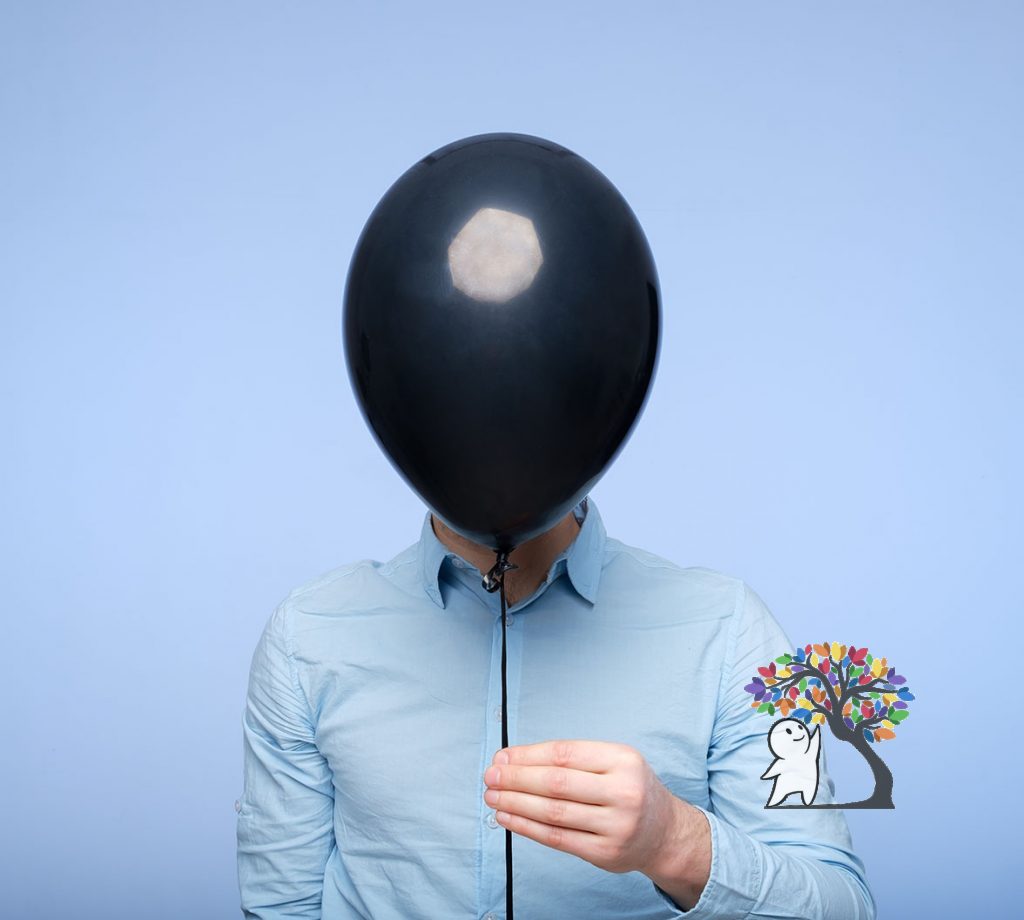4 Introvert Behaviors That Seem “RUDE” But Actually Aren’t

Quiet, reserved, avoiding eye contact… to some, these behaviors might seem rude at first glance.
Society often values extroverted behaviors, and in many cases, introverted behaviors are seen as impolite because they’re what extroverts display when they’re upset or dissatisfied. According to Susan Cain, author of the 2012 non-fiction book Quiet: The Power of Introverts in a World That Can’t Stop Talking, society has a cultural bias towards extroverts.
This might explain why some introvert behaviors might come across as rude, even if that wasn’t the intention.
As a disclaimer, this article is not intended to justify rude behavior by blaming it on being an introvert, but rather to serve as a guide for non-introverted people to better understand introverts. This article is also meant to help introverts better understand their behavior from the perspectives of others.
Let’s delve into 4 behaviors common in introverts that seem rude, but aren’t.
Differentiating “introvert” behavior from being rude
It’s important to differentiate what’s “introvert” behavior and what’s “rude” behavior. For instance, rude behavior is intentional, while introverted behavior that comes off as rude is not.
In some cases, introverted people might be prioritizing their own social needs and tendencies without considering another’s point of view. Author Susan Cain states that for introverts, the knowledge that they are unintentionally hurting someone’s feelings through behaving in an aloof way or by not showing up to social events makes it easier for introverts to extend themselves to new people.
In a nutshell, while it’s important for introverts to stay true to their social needs, it’s also important for them to break past their comfort zone as they consider the point of view for others. Introverts not making the slightest effort to expand their social comfort zone may be seen as rude to some.
Inexpressiveness
Imagine yourself ranting off to an introvert.
“…And then he tells me to shut up! Can you believe him?” You seethe.
You pause and wait for a reaction. Poker face. “Not at all,” they say monotonously. Not a twinge of emotion, unmatching in your energy, and not the reaction you were hoping for. To you, they’re coming across as rude.
Introverts tend to appear uninterested or inexpressive, especially in their face or voice. They might not seem invested enough or react the way that we’d want. But, introverts are just not really as openly expressive as extroverts are. Instead, according to Magdalena Leveque, “Introvert, Dear” author, you can pick up on their emotions through observing their spoken words, vocal tone, or body language.

Being selective about friends
Do you know an introvert that still hasn’t really accepted you within their close social circle yet, even though you’ve been putting effort into the friendship? One thing many introverts have in common is the way they maintain friendships. According to author Magdalena Leveque, introverts often only have a select few people who they keep close and trust. When it comes to other people, they aren’t really able to be as personal with them.
It might seem like introverts act differently, or more true to themselves when around their friends. It may seem rude that introverts have a dramatic difference in personality with their close friends compared to people they’re not so close with. However, it’s not intentional– introverts simply enjoy establishing more meaningful relationships more than surface-level ones.
So, when trying to befriend an introvert, make a move to get to know them more personally– especially at the beginning.
Acting secretive
Psi asks Maya, an introvert, to introduce herself.
Maya, naturally reserved, responds short and vaguely, saying, “Oh, I’m Maya. I’m just a writer, nothing much to say.” Psi might perceive Maya to be more secretive or uninterested in the conversation, when the reality is that Maya is uncomfortable to share things more personal to herself.
When introverts seem overly secretive, it might seem like they don’t trust you with anything, and they’re intentionally withholding information. Understandably, it’s exclusive, distancing, and sometimes, it could hurt. Then again, people don’t owe you anything. We don’t need to reveal anything we’re not comfortable with, introvert or not.
But, according to Kendra Cherry, psychology educator, introverts are generally private people. They’re sometimes hard to read and to get info out of. Not that it’s their intention to keep things from you out of being exclusive, but mainly because they typically are more guarded.
Seeming “standoffish”
An extrovert and introvert might have two very different responses to “Nice weather we have today.”
The extrovert might go, “Yes! Nice weather always puts me in a great mood. It makes it easier to go outside, hang with friends, enjoy a long walk,” and so on.
While the introvert might go, “Mhm, yeah.”
Doesn’t the introvert seem slightly more distant?
It’s easy to strike up a small-talk type of engaging conversation with an extrovert, for example, but many introverts have a more difficult time with this sort of thing. According to psychologist Laurie Hegloe, introverts don’t really enjoy small talk, and prefer deeper conversations. To introverts, small talk blocks honest interaction and sometimes feels meaningless.
In many situations, introverts just don’t really care to say much on topics that are unimportant to them, making them seem more distant. They’re also not the most expressive to new people, and as a result, seem more rude and standoffish, even when it isn’t their intention. However, it’s really not a you problem– introverts simply are more quiet around people they’re not entirely comfortable around just yet. Once an introvert begins to warm up to you, that’s when they become less and less aloof.
Final thoughts
Are you an introvert and relate to some of these behaviors? Or, did we miss any behaviors that you get a bad rep for? Let us know which ones in the comments.
Introverts often get a bad rep for some of their behaviors that unintentionally come across as rude. Their characteristics are often misunderstood because of how extrovert-focused our society is. It’s important to embrace these personality differences– after all, it’s what makes the world more interesting.
Thanks for reading.
References
Cherry, K. (2022, May 13). 8 Signs You’re an Introvert. Verywell Mind. https://www.verywellmind.com/signs-you-are-an-introvert-2795427
Dell, K. (2016, September 24). Opinion | Am I Introverted, or Just Rude? The New York Times. https://www.nytimes.com/2016/09/25/opinion/sunday/am-i-introverted-or-just-rude.html
Duczeminski, M., & Guide, S. (2015, October 26). 7 Differences Between Being Introverted And Being Rude – LifeHack. Lifehack. https://www.lifehack.org/322280/7-differences-between-being-introverted-and-being-rude
Granneman, J. (2016, January 13). The Real Reason Introverts Dread Small Talk. HuffPost. https://www.huffpost.com/entry/the-real-reason-introverts-dread-small-talk_n_56854922e4b06fa688823798
Leveque, M. (2022, June 22). 7 Unintentionally ‘Rude’ Things Introverts Do. Introvert, Dear. https://introvertdear.com/news/7-unintentionally-rude-things-introverts-do/Tucker, I., & Cain, S. (2012, April 1). Susan Cain: ‘Society has a cultural bias towards extroverts’. The Guardian. https://www.theguardian.com/technology/2012/apr/01/susan-cain-extrovert-introvert-interview


Responses